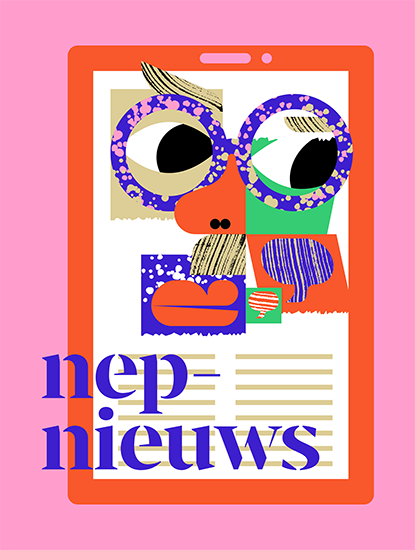Government
In certain countries, including the US and Germany, the government tries to combat fake news via law. Although it’s a good thing that governments take fake news seriously, attempts to filter out fake news through the justice system come dangerously close to censorship. For example, there is a possibility that these types of laws are also employed to silence government-critical voices.
That doesn’t mean there’s nothing governments can do, however. (Financially) supporting the production of high-quality journalism is one way to increase the quantity of reliable information and to marginalise fake news.
Journalists
News media and journalists have the task to create nuanced news reporting and to be as transparent as possible about their sources. Fact-checking articles in which journalists examine the trust-worthiness of certain claims are a great weapon in this fight. There are also fact-checking platforms created by journalists but not bound to any news media, like Factcheck.Vlaanderen.
Technology companies
Should companies like Faebook and Google take responsibility for the spread of fake news? Some believe technology companies should be bound to remove false information from their platforms, or at the very least they should be transparent about how their algorithms work. Others point to the thin line between these practices and censorship.
Yet no one can deny that social media have played a key part in the spread of disinformation. Facebook has declared itself willing to take action and has recently started working with Belgian fact checkers to evaluate the content of posts. Messages that are misleading will appear less prominently on users’ feeds. Users will also see a warning message explaining that the post has been deemed fake, and they can report fake news to the platform.
Citizens
Probably the main role in the fight against fake news is reserved for us citizens. Because even if fake news is labelled as such on social media or if journalists engage in fact-checking, that doesn’t guarantee that no fake news finds its way through.
It’s up to us, news users, to be informed about the way (fake) news works and to take a critical stance. But we also need help for this. The importance of news literacy in education should not be underestimated: only by gaining the necessary skills will we be able to effectively fight disinformation.
